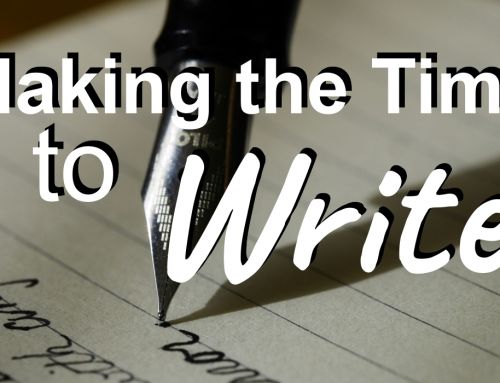This week, I was invited to give a talk at the Muskoka Author’s Association in Bracebridge. The audience comprised writers and people of all ages who hoped to publish work in the future. They asked me to tell the story of writing and publishing The Finding Place. When I told them how many years I’d been writing before having anything accepted for publication, one of the participants asked: why didn’t you ever think of self publishing? I thought I’d address that question here.
Self-publishing is a far more respected and viable avenue for a writer than it ever was before, and a route chosen by a vast number of authors. In my view, though, it’s only a viable option if you have (or can develop) the skills you need to aggressively promote your own work. It’s true that most writers these days do participate in the promotion of their novels, even if they are published in traditional way. However, these writers have the resources and experience of a publisher to help. Going it alone is exactly that. The second reason I would hesitate to self publish is that it’s harder to be certain your novel is actually ready for publication. Some self-published authors do hire talented editors, invite qualified readers to critique their work, and ensure the quality of their writing is as high as it can be before setting out to publish. Others don’t. It’s hard for a potential reader to tell the difference before committing themselves to a novel, and for this reason, talented self published authors may take a long time to get recognised. Thirdly, I don’t feel that self publishing opens the same doors to a writer. It’s harder to join writing unions, get grants, and be hired to read in schools, communities and in festivals. Self published authors often can’t submit to the same competitions and awards as those published in the traditional way.
This is just one perspective on self publishing, and I know there are others. A participant at the Muskoka reading was surprised that as a traditionally published author, I hadn’t been able to choose the image on the front cover of my book, nor write the blurb on the back. He said that such loss of control would be unacceptable, which was why he was setting out to self publish. Publishing the traditional way is certainly a partnership, and I have probably been luckier than some because my partnership with my publisher and their wonderful children’s editor is a positive one. I guess writers need to weigh the advantages of a traditional publishing partnership, over those of going it alone.



